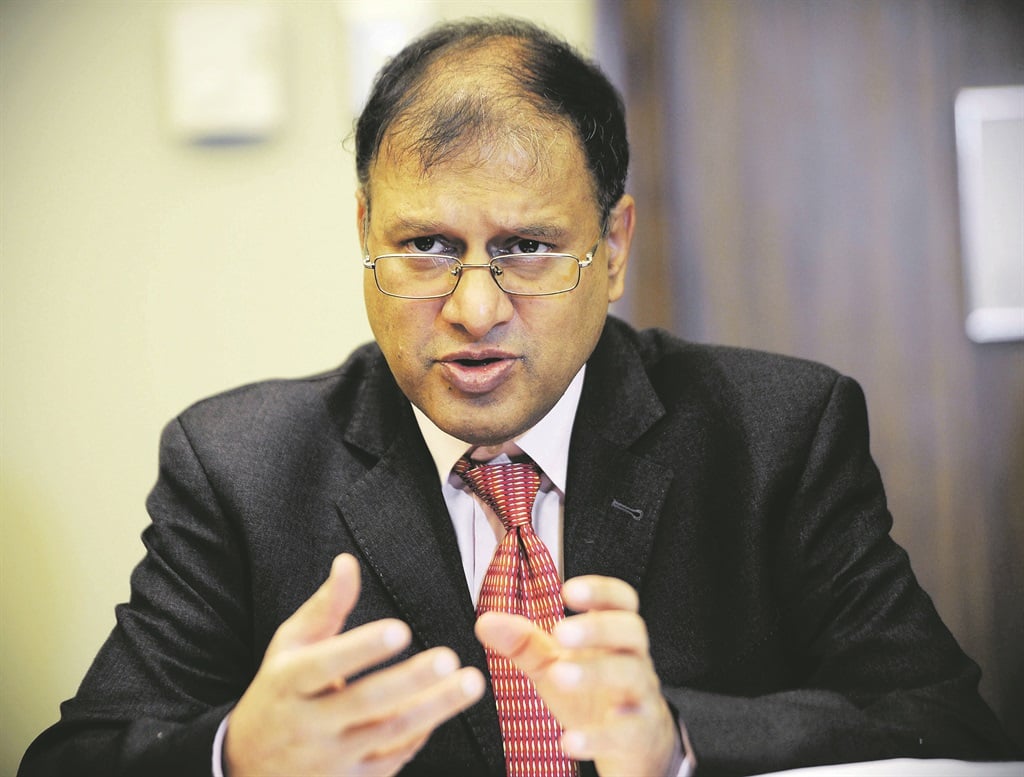
In an urgent move to help prevent South Africa from being greylisted, cabinet has approved a raft of new amendment bills.
On Friday, cabinet announced that it approved the submission of new amendment bills for anti-money laundering and combating terrorism financing to parliament. The omnibus of bills amends the Financial Intelligence Centre Act, the Nonprofit Organisations Act, Trust Property Control Act, Companies Act and the Financial Sector Regulations Act.
The amendments will bring new rules, for example, about how companies keep records of people who own control the firm, and bar people who are convicted of offences relating to money laundering and terrorist financing from registering as company directors as well as trustees.
It also empowers the Financial Intelligence Centre by giving it new powers, including access to records of a range of institutions.
South Africa is on the verge of being greylisted by the Financial Action Task Force (FATF), the global money-laundering and terrorist financing watchdog, which sets international standards and assesses technical compliance. It also assesses the effectiveness of the framework, for instance, whether prosecutions have taken place for money laundering or terrorism financing.
Greylisting by the FATF would raise SA's risk profile, place a question mark over its financial regulatory bodies and attach a higher risk premium to corresponding relationships between SA banks and international financial institutions. At worst, corresponding banking relationships could be cancelled.
SA is currently under review by FATF after a mutual evaluation, completed in October 2021, in which it fared very poorly.
SA fared worst in "arrangements around legal persons". This involves poor or no information and transparency around the beneficial ownership of companies and trusts; a weak ability of both private parties and authorities to determine the involvement of people in money laundering; and the absence of a reliable system to identify politically exposed people.
SA also got the lowest possible score on the prevention, monitoring and prosecution on terrorism finance.
Cabinet said that the new amendments respond to the deficiencies identified during the review.
"The mutual evaluation report made 40 recommendations that would assist in getting South Africa to be aligned with international measures of combating money laundering and financing of terrorism. South Africa was found to be lacking in 20 areas. This [omnibus of bills] addresses about 14 of the areas identified," cabinet said in a statement.
The review period ends this October, by which time SA is expected to have completed the actions that were red-flagged. However, the FATF plenary only sits in February 2023, which is when the final decision will be taken. Recently, the acting director-general of the Treasury Ismail Momoniat said that there was little hope of meeting the October deadline but that if legislation was already in Parliament and being processed, then FATF could perhaps be persuaded that SA's intentions are serious.
"It will be very hard and a bit of a miracle to escape greylisting," Momoniat told Fin24.
Putting legislation in place is the easy part, says Momoniat, while demonstrating effectiveness – given SA's prosecutorial capacity - was much more difficult.
"We will get through the technical compliance; it just requires changes to the law. It might be a month or two late but I'm not too worried about that. It is the effectiveness measures that will be difficult. The greatest risk is whether our policing, prosecuting, and asset forfeiture unit are up to the job."
Get the biggest business stories emailed to you every weekday.
Go to the Fin24 front page.

